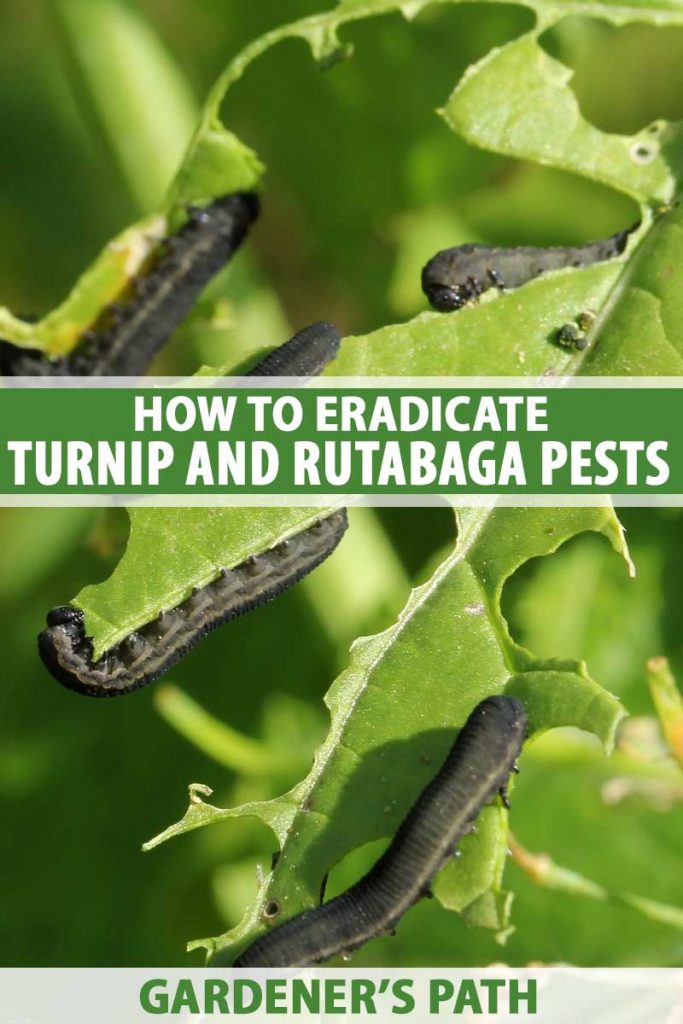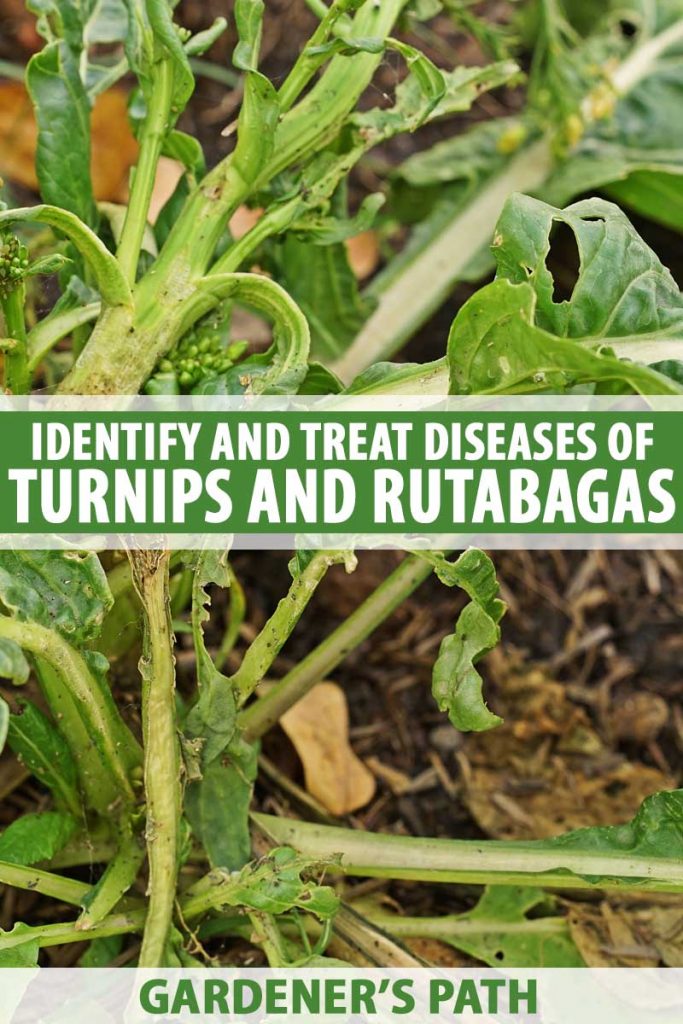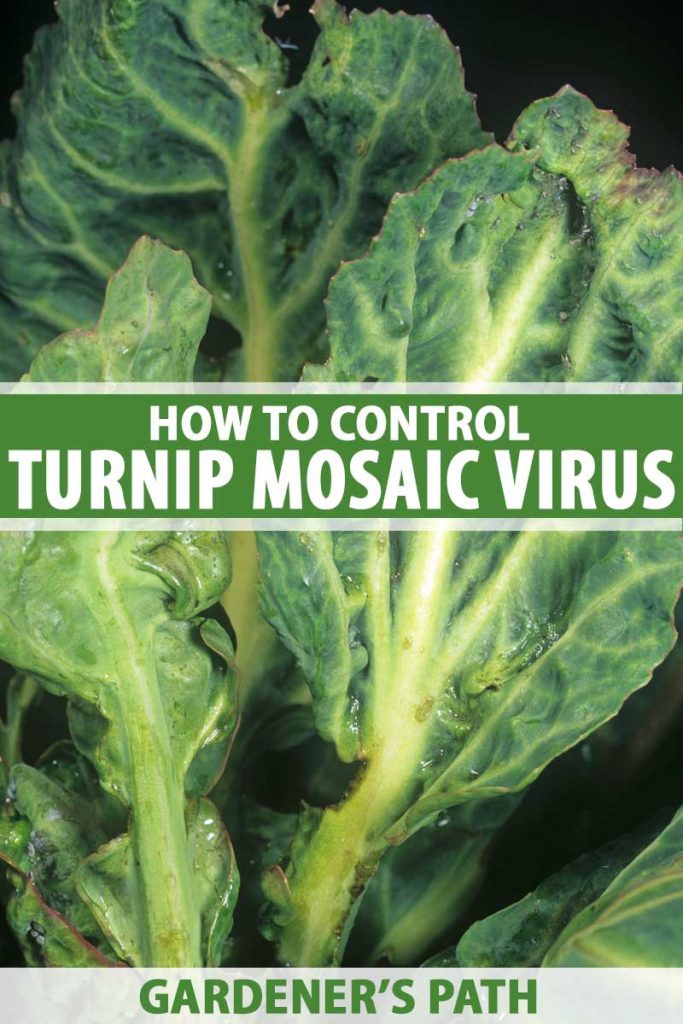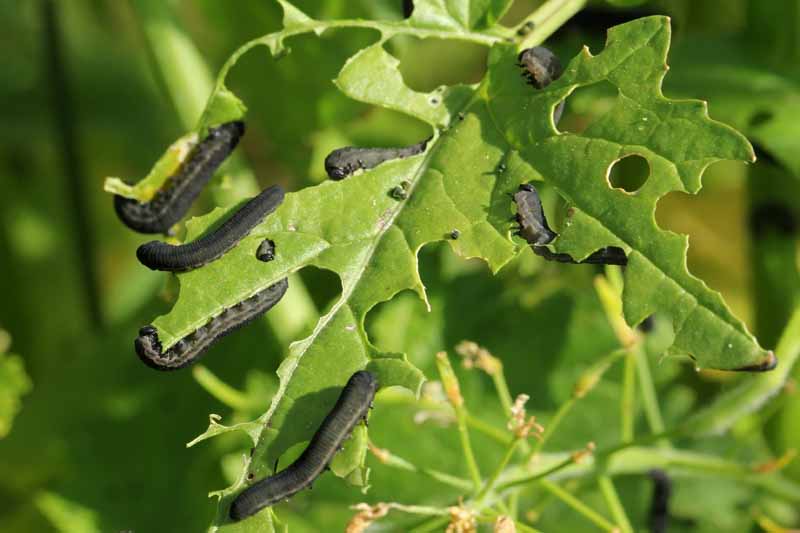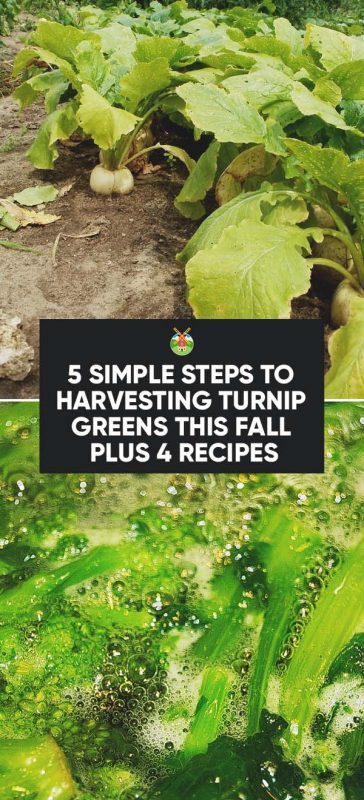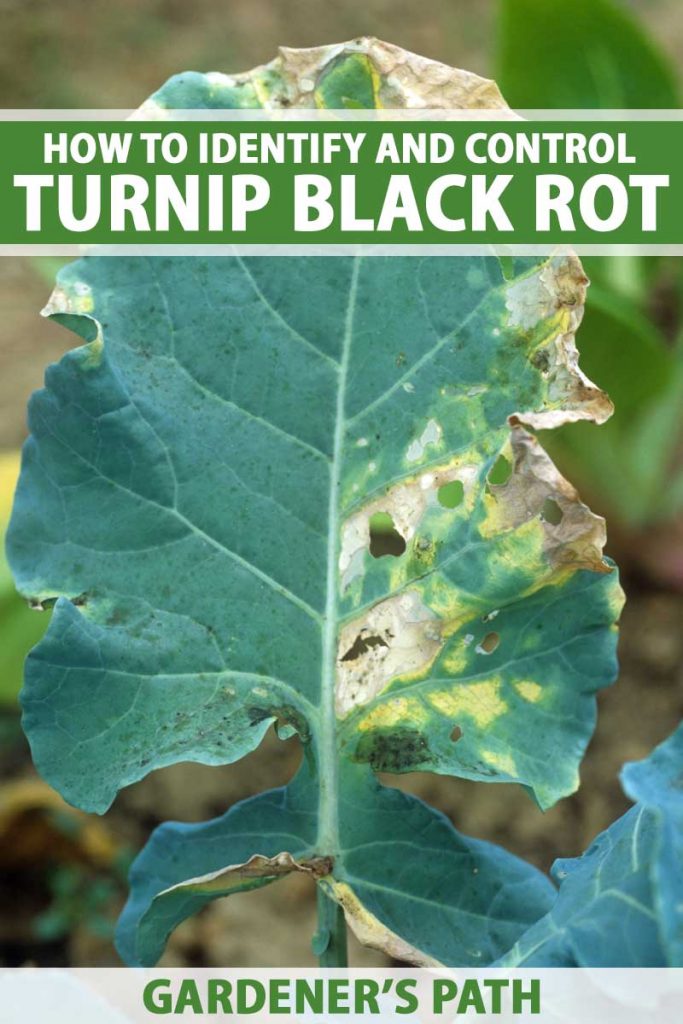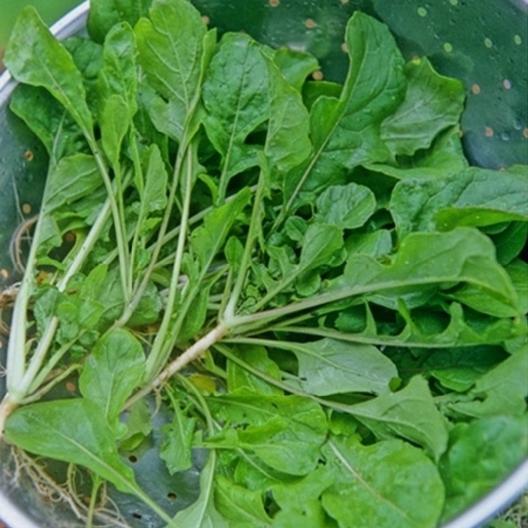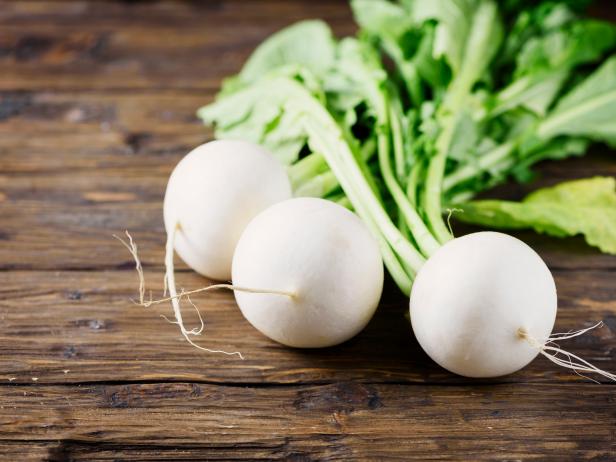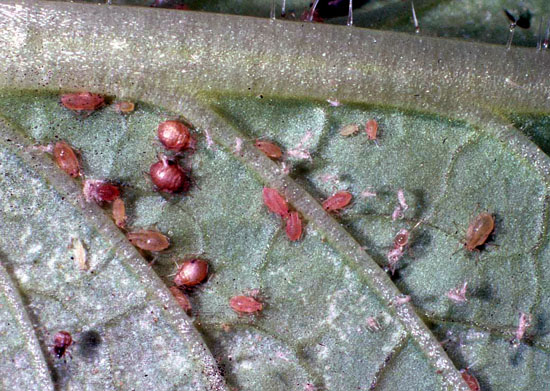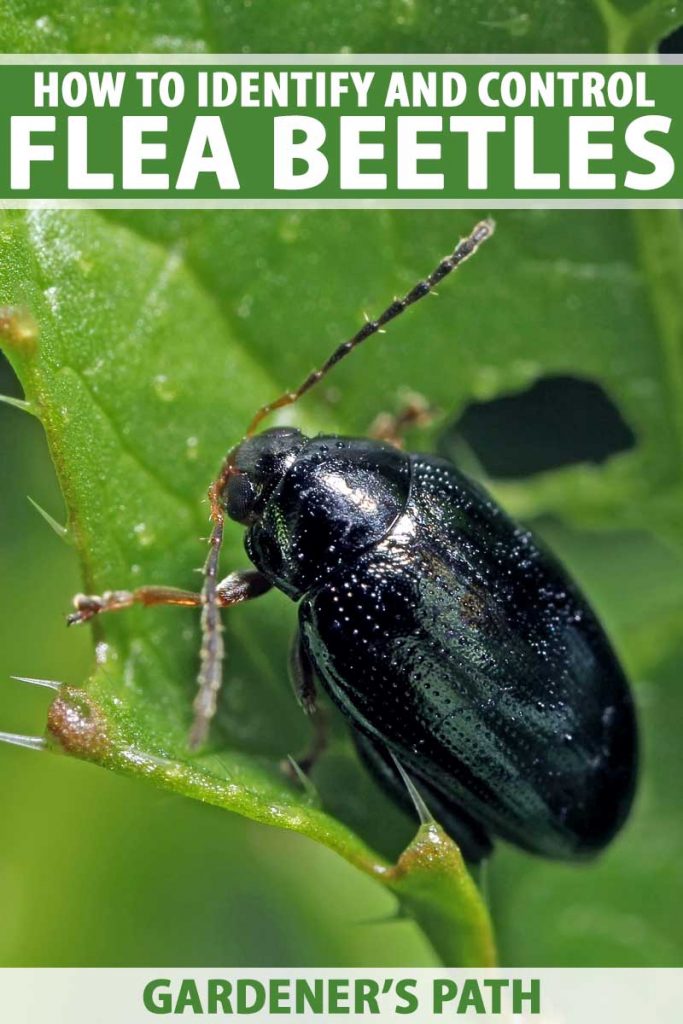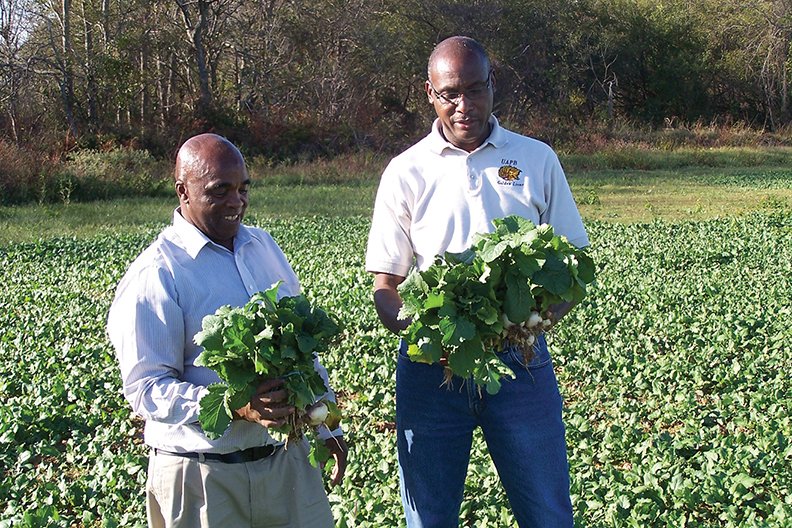Turnip Green Insect Control
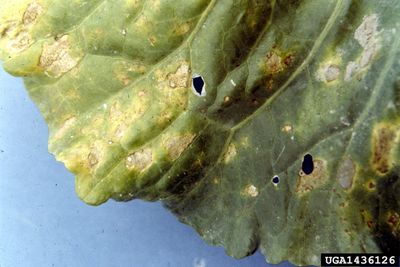
Hopefully these seed were planted in an area of your garden where greens haven t been produced within the past two years to avoid leftover pest problems that could be lingering in the soil.
Turnip green insect control. If your collard greens are under insect attack turn to all natural solutions first. While several kinds of aphids can plague turnip crops including the turnip aphid lipaphis erysimi the black bean aphid aphis fabae and the green peach aphid myzus persicae the cabbage aphid brevicoryne brassicaea is particularly fierce. Flea beetles can be a major problem. Aphids are a number one culprit.
Turnips and other greens are especially bothered by several insect pests. Collard greens are a member of the cabbage family. Unlike other cabbage family relatives such as kale collards can handle a bit of heat making them a. They are the stem and leave of the turnip plant.
We provide an overview of the major insect pests of turnips and rutabagas and advice on how to control them. When the weather heats up pest activity increases with flea beetles leading the charge against tender turnip greens. Flea beetles are black insects 1 18 inch long which jump quickly and leave. As the name suggests this pest attacks cabbage but it can be found on other greens such as broccoli kale turnip mustard cauliflower and brussels sprout.
The plant produces light yellow flowers which are clustered at the top of a raceme and are often extended above the terminal buds. Take the time to learn what these turnip pests look like and how to spot the adults and larvae. Homemade pest control for collard greens. The leaves are light green in color hairy and thin.
It is tiny and light green with silver markings or ridges and makes a loop when moving because it has only two pairs of legs. Turnip green are part of the same family of vegetables as kale and broccoli. Cabbage loopers love turnip greens just as you do. The ingredients to control and even eradicate harmful pests may be found right in your kitchen.
That being so it is best to start a new planting of turnip or mustard with new seeds preferably those treated with a fungicide. Turnips greens are rich in nutrients which can improve iron.
